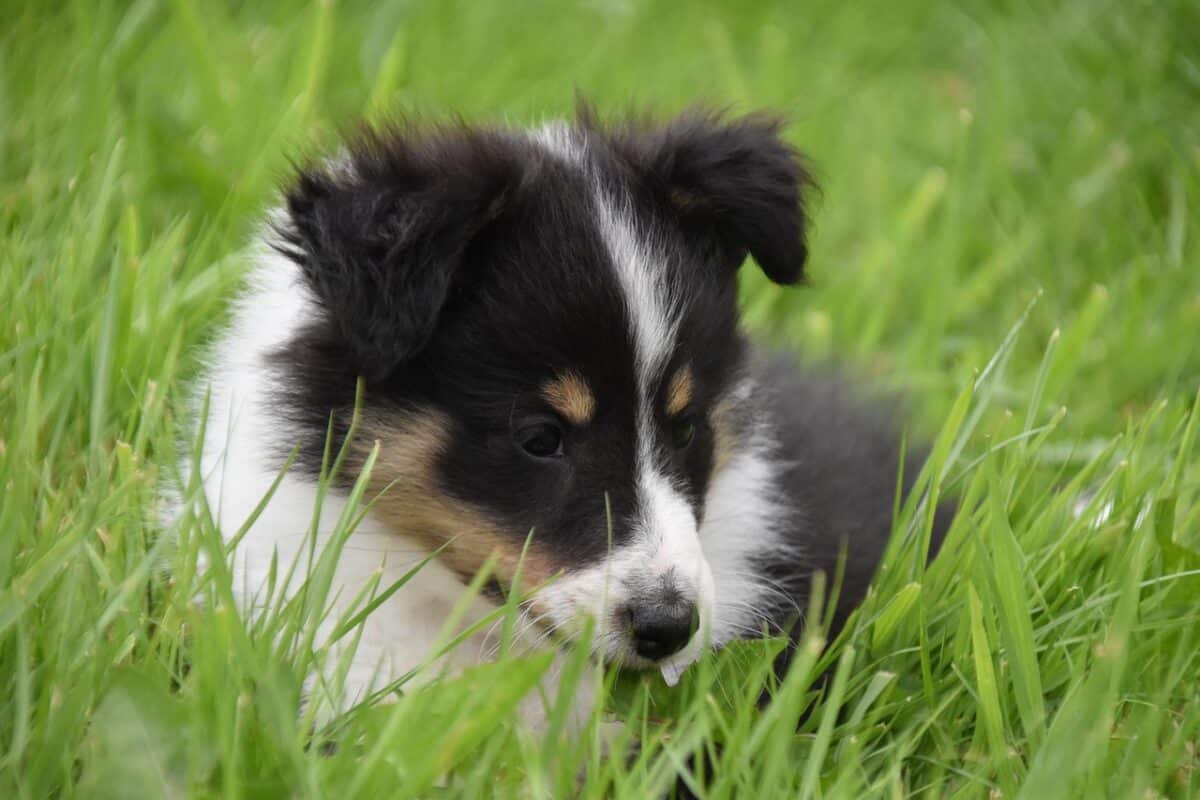Most dog owners didn't know that flea and tick treatments are dangerous to aquatic life, suggesting more awareness could ease the problem.
A study on Hampstead Heath shows that ponds where dogs are allowed to swim contain levels of two pesticides harmful to invertebrate life.
These pesticides, imidacloprid and fipronil, are used as parasite treatments for flea and tick infestations in cats and dogs, using ‘spot-on' formulas and flea collars. This is despite these chemicals being banned for agricultural use in 2018 due to their toxicity to bees and other important insects.
These treatments are increasingly used prophylactically — to prevent fleas and ticks — with doses applied as frequently as monthly. Recent studies have raised concerns about the level of these chemicals reaching the natural environment through household wastewater and dogs swimming in waterways, such as rivers and ponds.
Now, a study published today in the journal Science of the Total Environment has confirmed that swimming dogs can contaminate the water as the chemicals wash off their fur.
The study was carried out by researchers from Imperial College London, the University of Sussex, the London School of Hygiene and Tropical Medicine, and the Royal Veterinary College, in collaboration with the Heath & Hampstead Society and the City of London Corporation.
Dr Leon Barron, from the School of Public Health at Imperial, who co-led the work, said: “This work adds to the growing body of evidence that will hopefully lead to changes in prescribing practices and advice given to pet owners.
“But as the public can buy these products without restriction in supermarkets, we need to raise awareness among dog owners that while these chemicals are useful treatments, using them preventatively may create other serious issues such as environmental pollution and pest resistance.”
First author Lauren Yoder, from the Royal Veterinary College, said: “Dog owners can play an important part in reducing the overall impact on the water that dogs enjoy by checking if they really need to use these products. If more owners moved to a ‘when needed' approach, then this parasiticide pollution could be reduced.”
Harmful levels
With its 800 acres of natural woodland, meadows and ponds, Hampstead Heath is central London's biodiversity ‘hotspot' and home to many rare and threatened British species. Insects and other invertebrates perform critical functions in our environment, including to clean water, and are important sources of food for bats and birds in the area. Insects such as dragonflies, which depend on the ponds, showcase a remarkable biodiversity on the Heath.
In the study, the team tested three ponds where dogs are allowed to swim, three where they are not, and six connecting streams that feed these ponds, to check for any other source of the contamination.
In all the dog-swimming areas, average concentrations of imidacloprid and fipronil were found to be 309 ng/L (nanograms per litre) and 32 ng/L respectively — both of which were more than 20-times larger than recognised thresholds considered harmful to invertebrate wildlife.
In all the other ponds, no imidacloprid or fipronil were detected. Some contamination was detected in connecting streams, and further water analysis showed this was not associated with other signatures of urban wastewater, suggesting dogs were the only source.
Dr Barron said: “While the chemical concentrations we measured were very high in these ponds, thankfully they were not found to significantly contaminate the wider water networks downstream of Hampstead Heath. The main source of these pet parasiticides in rivers generally still comes from our homes and streets through wastewater.”
The team's previous research showed that London's waterways were widely contaminated with these substances from wastewater discharges and the situation worsened in some areas across the pandemic.
Reducing risk
The study also involved surveying 101 owners who brought their dogs to the Heath. This showed that 86 percent were unaware of the possible environmental harm caused by parasiticides, and 94 percent said protecting nature would be an important consideration when selecting products.
A third of respondents were also unaware of advice from manufacturers of parasiticides that dogs should not swim or be washed within a few days of treatment with spot-on treatments. However, research suggests that these substances may wash off for longer than these recommended periods.
More than a half of those surveyed used tablets that dogs swallow, instead of chemicals applied to the fut. Little is known about the fate or impact of these tablet parasiticides, and more research is needed to determine the risks that they pose.
Co-author Dr Tilly Collins, from the Centre for Environmental Policy at Imperial, said: “Swimming can be very good for dogs, and bringing them to such beautiful places also encourages fitness and wellbeing for their owners. Stopping dog swimming in open spaces is not the answer, but we need to reduce risk, for example by providing more complete advice so pet owners can make informed decisions.”
Veterinarian and co-author Dr Rosemary Perkins, from the University of Sussex, said: “Many veterinary associations recommend against routine blanket parasite treatments for pets, yet this practice remains widespread, especially through subscription pet healthcare plans. Pet parasiticides are highly ecotoxic substances and we are only now beginning to understand their environmental consequences.
“Pet owners need to be provided with better information on the risks that they pose and offered alternatives to continuous parasite treatment, such as the option to monitor and treat only when necessary.”







